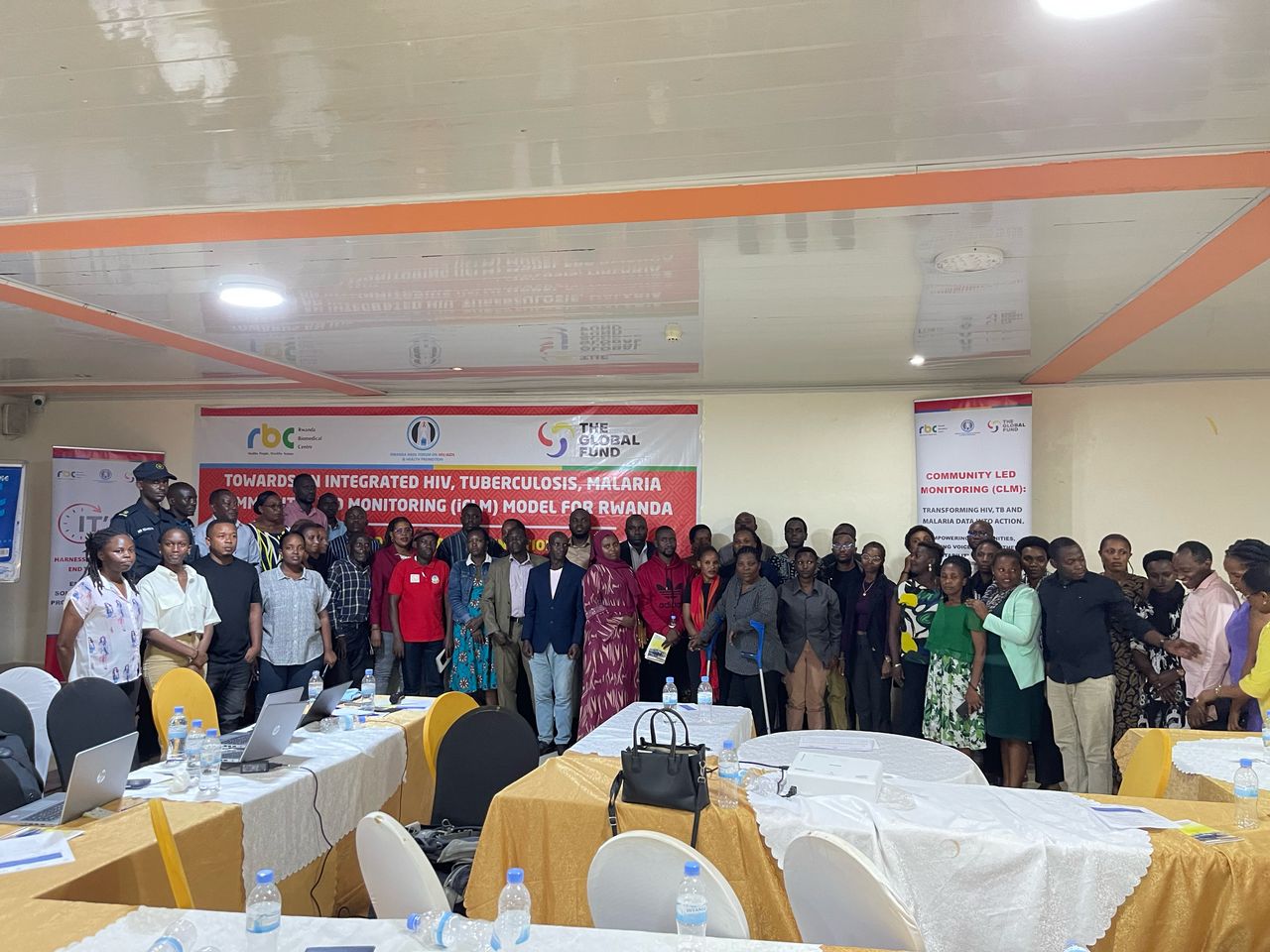In a significant step towards addressing the ongoing public health challenges posed by HIV, tuberculosis (TB), and malaria, Rwanda has launched a pilot implementation of the Integrated Community-Led Monitoring (iCLM) Model.
This new initiative, a collaboration between the Rwanda NGOs Forum on HIV/AIDS and Health Promotion (RNGOF), the Rwanda Biomedical Centre (RBC), and the Global Fund, seeks to empower communities to actively monitor and provide feedback on the quality of health services related to these diseases.
Rwanda has made substantial progress in combating these diseases, with HIV prevalence at 2.6% among adults aged 15-49, TB incidence at 56 cases per 100,000 people, and malaria still affecting a large portion of the population.
However, challenges remain, particularly in reaching high-risk and vulnerable populations, early detection of TB cases, and ensuring equitable access to malaria treatment.
The iCLM Model aims to tackle these issues head-on by involving communities in identifying barriers to healthcare access, service quality, and addressing human rights concerns.
Last week, local authorities, health facility staff, and community representatives gathered at the Olympic Hotel in Kigali for an orientation session to familiarize themselves with the iCLM system.
The event marked the start of a pilot phase in Gasabo District, where District iCLM Task Teams will be established to drive local engagement and ensure coordinated efforts in monitoring and improving HIV, TB, and malaria services.

The iCLM Model promotes community ownership, accountability, and transparency, enabling communities to play a vital role in health service delivery. By incorporating real-time feedback from key and vulnerable populations, the model aims to drive meaningful improvements in the accessibility, affordability, and quality of health services.
While some patients with certain communicable and non-communicable diseases have previously reported concerns over their medical information is being leaked, a new information system will be introduced in Rwanda to enable voluntary disclosure of this vital information.
The Integrated HIV, Tuberculosis and Malaria community led monitoring (ICLM) system will ensure that this information remains between them and their doctor, with the aim of further protecting the confidentiality of their information and respecting their right to privacy.
This means that the service users and beneficiaries, primarily, the key and vulnerable populations for HIV, TB and Malaria, are best placed to provide feedback on the nature and type of challenges, including gender and human rights barriers to service delivery.
“This initiative is a game-changer for Rwanda’s health system,” said a representative of RNGOF, “Empowering communities to lead in monitoring health services ensures that those who are most affected by HIV, TB, and malaria have a voice in the decisions that impact their lives. This approach is crucial to breaking down the barriers that prevent people from accessing the care they need.”
The iCLM initiative represents Rwanda’s continued commitment to addressing health disparities and working towards the ultimate goal of eliminating HIV, TB, and malaria in the country.
The pilot phase will provide valuable data and insights, paving the way for national-scale implementation in the near future.
With ongoing efforts, Rwanda is poised to strengthen its public health system and continue its progress in the fight against these critical diseases.
The system is also expected to abide by the existing personal data Law No 058/2021 of 13/10/2021 of October 15, 2021 relating to the protection of personal data and privacy that protects personal data and ensures privacy of individuals in Rwanda.
This initiative is also expected to be showcases at the upcoming of the Africa Health Agenda International Conference (AHAIC) to be held in Kigali this March 2025 to highlight the continent’s health priorities, and emphasize the urgent need for locally-led solutions and collaborations in response to the declining aid landscape.

